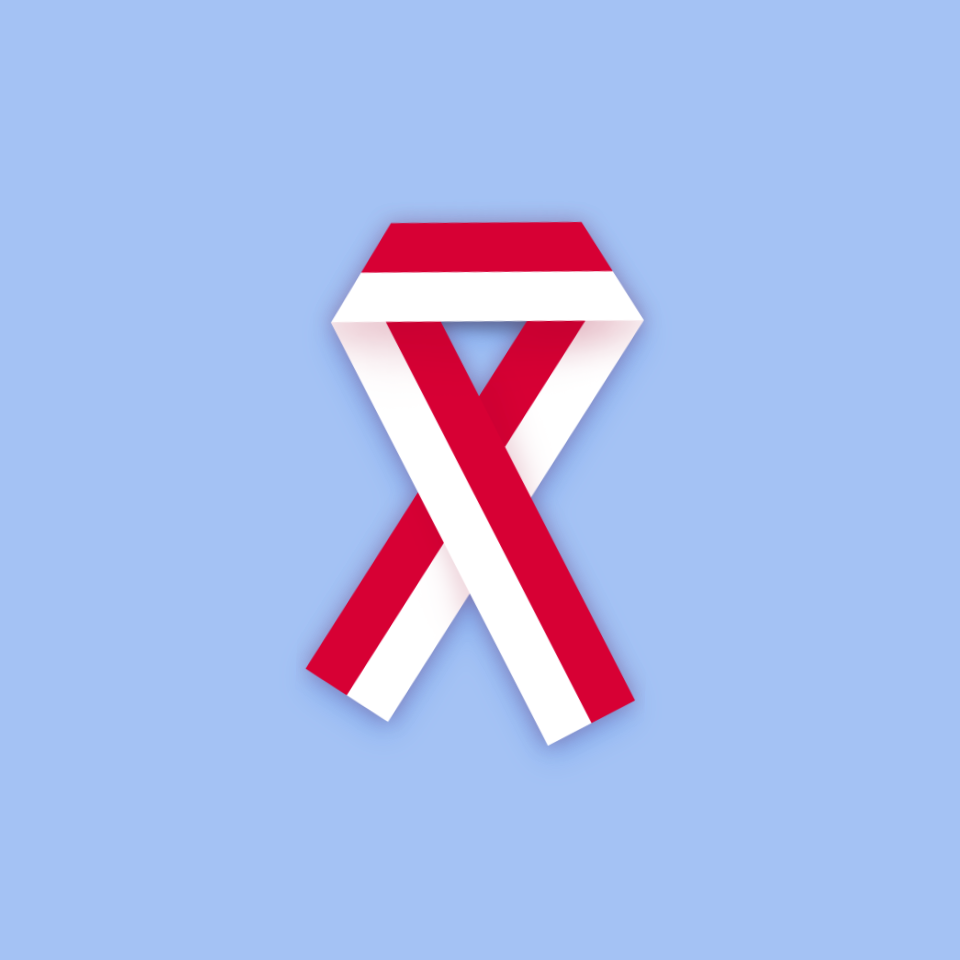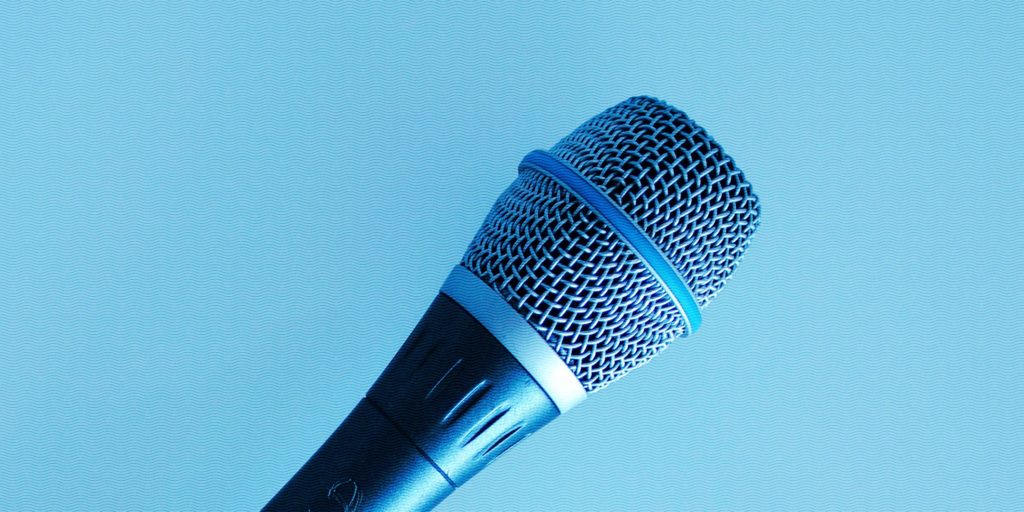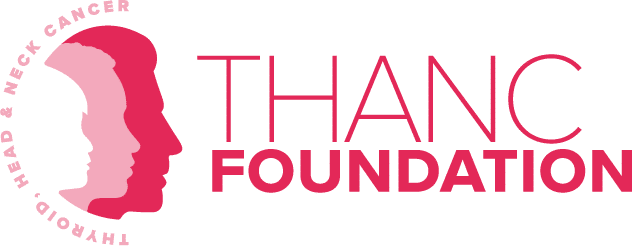
For all I knew, I was just going for a routine consultation with a dermatologist. I did not feel ill. I just noticed a small bump next to my ear.
When I arrived in New York as an immigrant, there were many things on my mind, and I prioritized them all over my health. Not only did this small bump not bother me, but I also never gave it much thought until one day my primary care physician suggested that I get it checked by a specialist. I was referred to a dermatologist, who, without asking how I felt or if this skin condition even bothered me, sent me to get a biopsy. I felt misunderstood and a little lost. During that time, I lost my health insurance and missed my follow-up consultations. In only a couple of weeks, the lesion grew.
I had no time to feel upset. I was working two different jobs and had to be healthy and well for my family.
I soon came back to seek attention, and this time the dermatologist gave me the option to remove the bump through a minor surgical procedure. I soon decided to go through with the surgery. A couple of days later, I received my pathology report, which confirmed the diagnosis of cancer.
I truly did not feel as worried as one would think after receiving such news. I had no time to feel upset. I was working two different jobs and had to be healthy and well for my family. As they say, cancer is only a word, not a sentence. I took things as they came, one problem at a time. I was not in denial, but I also decided not to worry.
Soon after, I met with a surgeon, who took my case and scheduled me for surgery within a few weeks after we first met. During that time, I attended my doctor’s visits alone. I hadn’t shared my diagnosis with my family. It wasn’t until I called my mother in Mexico and heard her cry through the phone that I felt preoccupied with what was happening. I was more worried about the costs of the surgery than the procedure itself. Fortunately, social workers helped me to cope and to make the surgery happen. I will be eternally helpful to the wonderful people I met all through this journey.
As days went by, I slowly recovered. I went back to my surgeon’s office to hear that the entire tumor had been removed and that I should undergo additional radiation therapy.
On the day of the surgery, I came in feeling like a stranger to everyone. I saw other patients being taken into the operating room and come out later. What would happen to me when I would be taken for my procedure? I vividly remember being walked to a gurney, but nothing more. I remember listening to a nurse confirm the names of all the people in the room, describe the procedure that I had been scheduled to undergo, and then suddenly, I was asleep. When I woke up, I felt like I had slept for days. A bandage covered my surgical incision. I had many doubts about what had happened, but the doctors came and explained it all in clear language. I still had many doubts, but I didn’t ask any questions. I felt that anything I asked would not be understood and just wished I could speak my Spanish—my native language—to ask some questions and clear up my worries in my head. After a couple of hours, I finally saw a familiar face – my sister-in-law who had been waiting for me to come out of surgery- who helped me get back home.
As days went by, I slowly recovered. I went back to my surgeon’s office to hear that the entire tumor had been removed and that I should undergo additional radiation therapy. After two months and 30 sessions of external radiation, I started feeling like all of this was beginning to be put behind me.
Throughout the whole process, I always did my best to stay positive. I needed to stay on my feet and to resume work and my normal life. Today, I can say that the scar on my face reminds me of difficult days, but also how we can overcome those days with a good attitude and help from family and (good) doctors.

Will You Share Your Journey?
April is Oral Cancer Awareness Month. As part of that theme, we post stories written by oral cancer survivors, caregivers and medical professionals for our 30 Stories in 30 Days™ campaign. The insights they share can help others along their journey.


